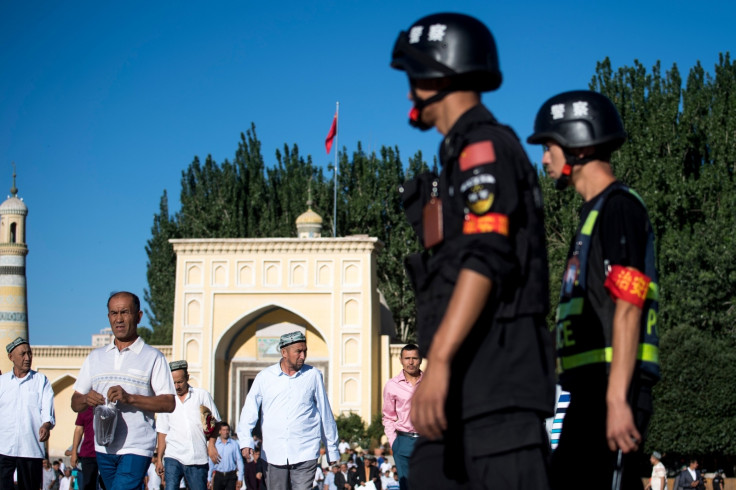What is Jingwang? China's Muslim minority forced to install spyware on their phones
The spyware has reportedly been developed by Chinese police and can monitor chats, SIM card data, Wi-Fi data and more.

China has reportedly ramped up surveillance of its Muslim minority population. Authorities in the Xinjiang province, which is allegedly home to China's Muslim population, are reportedly forcing the local Uyghur Muslim minority to install a spyware app on their phones, which allows the Chinese government to monitor their activities.
The spyware, called Jingwang, was reportedly developed by Chinese police from the capital of Xinjiang, Ürümqi. According to a report by Radio Free Asia, Chinese authorities issued out a notice to Android users in the area to install the app, adding that spot checks would be conducted to ensure that residents had installed the spyware.
Jingwang allegedly monitors and records WeChat and Weibo messages, as well as IMEI numbers, SIM card data, Wi-Fi login data and sends all collected data to a server. Authorities allegedly claim that Jingwang "automatically detect terrorist and illegal religious videos, images, e-books and electronic documents." Mashable reported that if the spyware detected illegal content, users were then ordered to delete them.
Bleeping Computer reported that Chinese authorities have already begun conducting spot checks; stopping people on the street to check whether they have installed the app. Police have also allegedly arrested and detained several people who refused to install the spyware. Those refusing to install the spyware could allegedly be detained for upto 10 days. Locals are now reportedly sharing locations of common checkpoints online so others can avoid getting arrested.
The move is the latest in China's escalating digital surveillance efforts. Last year, Chinese authorities cut off phone services of residents of the Xinjiang province, who were found using foreign messaging services such as WhatsApp.
"Chinese police are so powerful, particularly in Xinjiang, [that] anyone being stopped is unlikely to be able to refuse the police's requests," Maya Wang, a senior researcher with Human Rights Watch, told Mashable.
"I think there is reason to be concerned about what kinds of data these apps may be collecting about users and their activity without their knowledge or consent," said Hong Kong-based Amnesty International analyst Joshua Rosenzweig.
© Copyright IBTimes 2025. All rights reserved.






















